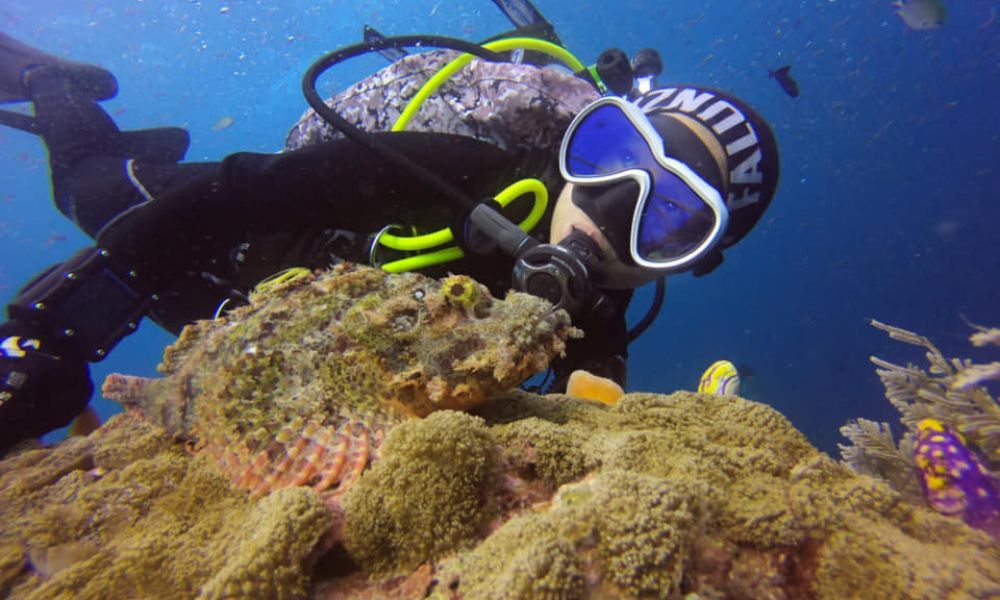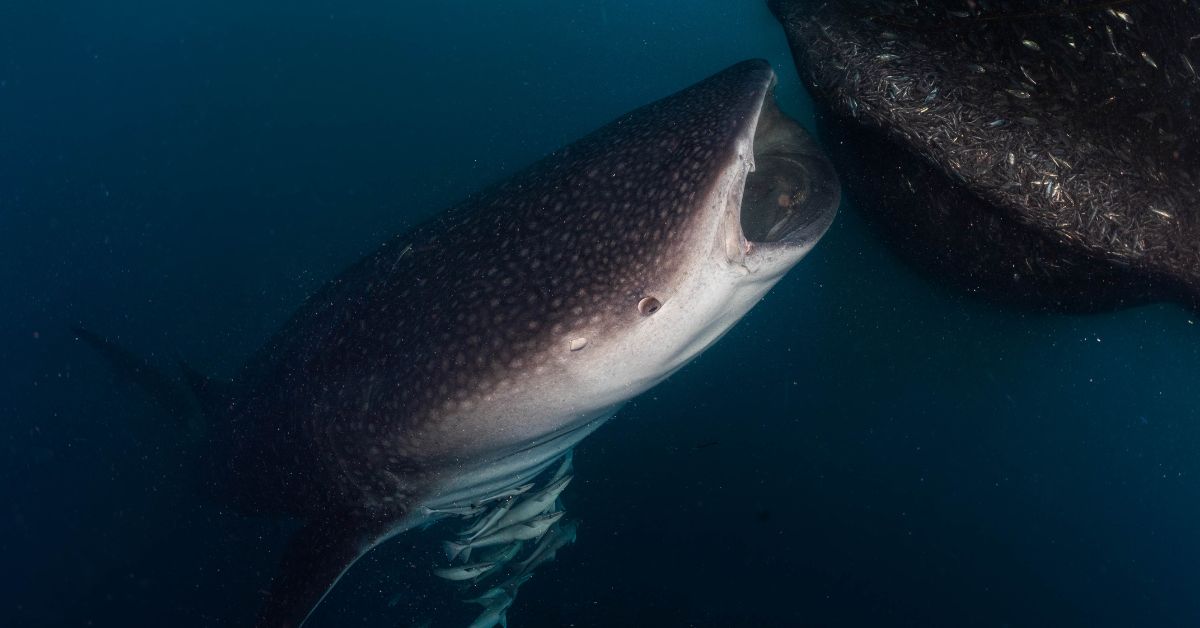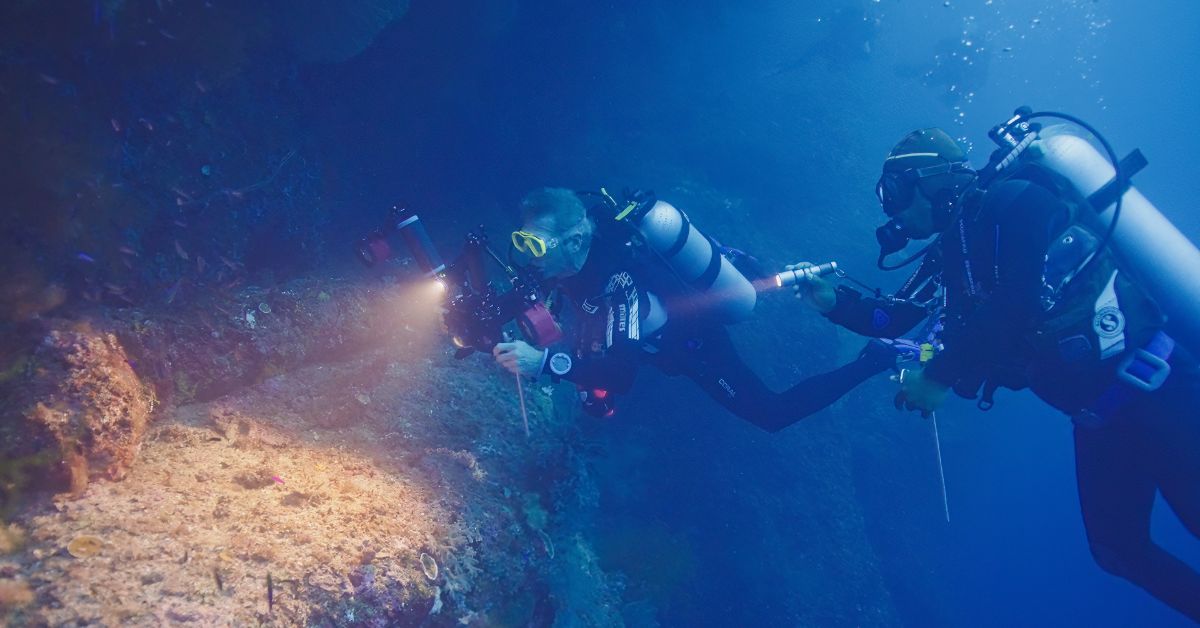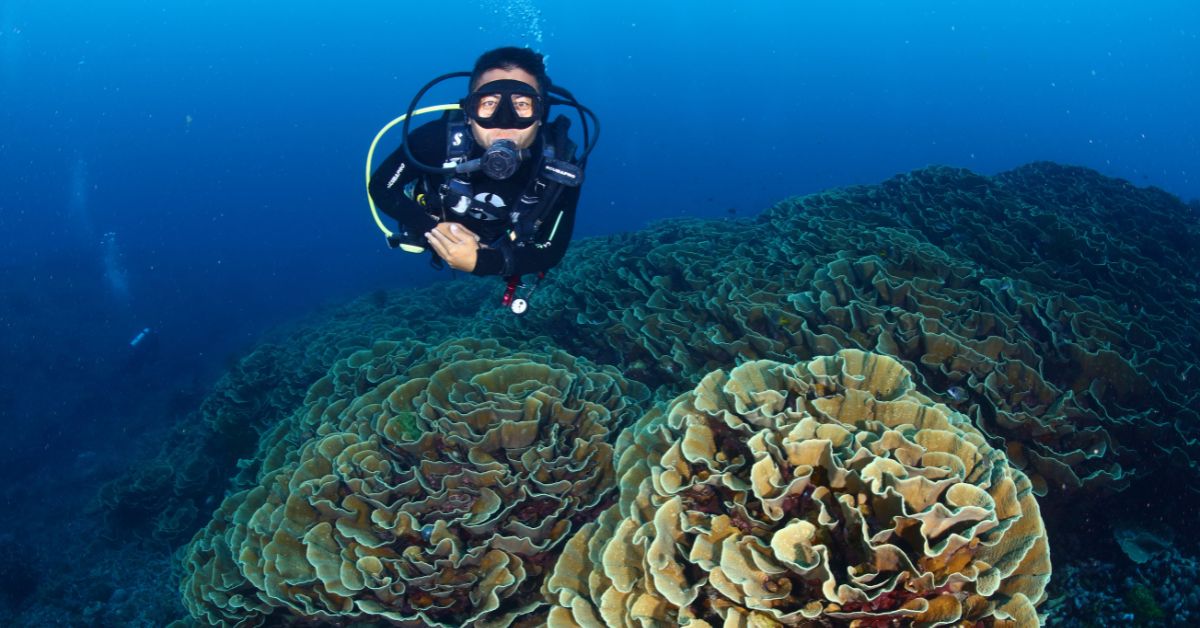Diving into the ocean’s azure depth is an exhilarating experience, but it’s no easy venture. Divers can face various dangers, including decompression sickness, the potential for hazardous encounters with marine life, and environmental perils like strong currents and sharp corals. Safety is key to an enjoyable and successful dive.
Enhance your safety and underwater experience as you take your first dips into diving with these safety tips every beginner should know.
Continuously Enhance Your Skills
Knowledge is power, especially when it comes to diving. Continuously enhancing your skills equips you with not just the tools to handle unexpected situations but also the confidence to do so. Panicking can lead to rapid oxygen depletion, loss of buoyancy control, and impaired judgment, increasing risk factors for accidents and injuries.
After obtaining your initial certification, consider engaging in specialized courses that cover advanced navigation, night dives, and how to deal with potential underwater hazards. These courses significantly contribute to your safety by preparing you for a wider range of scenarios you might encounter. Expanding your diving skills also broadens your opportunities, allowing you to take on more advanced and one-of-a-kind adventures like our Raja Ampat liveaboard diving experience.
Familiarize Yourself With Your Gear
Your gear is your lifeline under the sea. Knowing how to properly maintain and operate your gear can reduce the risk of malfunctions and emergencies, guaranteeing a safer and more enjoyable diving experience.
Spend time getting comfortable with your mask, regulator, buoyancy control device (BCD), and weights. Practice setting up and dismantling your equipment until it becomes second nature. Knowing how to quickly resolve minor issues underwater can greatly improve your safety and dive experience.
Dive With a Buddy
Diving with a buddy is not just a safety measure; it’s a rule of thumb in the scuba community. Diving alone increases the risk significantly as there’s no immediate support. A buddy can assist in emergencies, keep track of your air supply, and enhance your situational awareness.
Ensure you communicate your plans, signals, and emergency procedures with your buddy before the dive. Staying close to each other throughout the excursion ensures you both can respond quickly to unexpected situations and enjoy interesting discoveries together.
Respect Your Limits
Understanding and respecting your limits is critical to ensuring safety while scuba diving. Such insight encompasses recognizing environments that match your training level and being aware of your physical and mental condition on any given day. Overestimating your abilities can lead to risky situations, from venturing into conditions requiring more advanced skills to fatigue that can impair decision-making and physical performance.
Acknowledge your physical limits and comfort zone. If a planned dive feels too challenging, it’s okay to skip it.
Adhering to these diving safety tips every beginner should know can make your initiation into the world of diving a memorable and secure adventure. Your safety is paramount, and with the right preparation, you can explore the underwater realm with confidence and awe.







